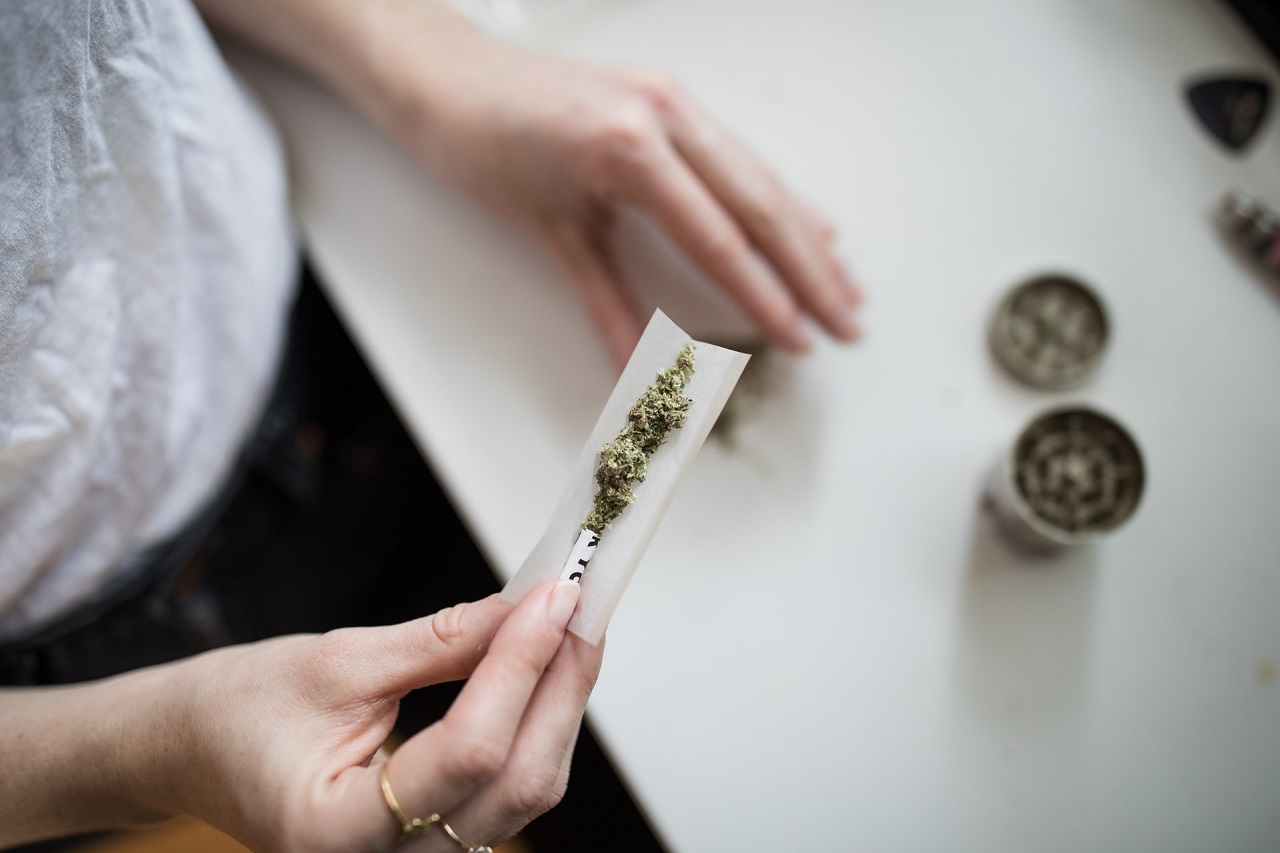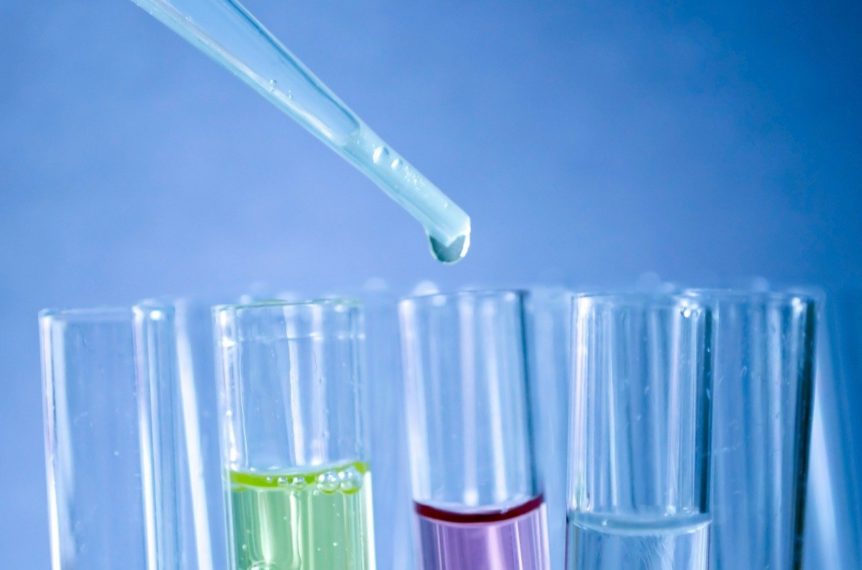Substance abuse takes a heavy toll on businesses across the country. According to the 2019 National Survey on Drug Use and Health, 14.3% of full-time employees and 15% of part-time workers aged 18 and above reported past-month illicit drug usage.
Employers have taken to implementing drug testing programs to curb the menace and deter drug use in the workplace. If you’re an employee, you’re likely wondering whether this is legal. The short answer is – yes, it is.
This is covered under a few federal statutes. However, several states have their own laws that govern why, when, and how an employer may test an employee or applicant for the presence of illicit substances in their system.
The question is – what happens if you fail a drug test? Here’s everything you need to know.
Pre Employment Drug Test
Most state laws across the country generally allow employers to carry out drug tests on applicants. Nevertheless, they have to provide the candidates with sufficient notice and ensure that they follow correct procedures to avoid getting inaccurate samples and offset the potential for discrimination.
In most states, applicant testing is only allowed if:
- A state-certified laboratory administers every drug and alcohol test
- All the candidates applying for the same position are tested similarly
- The candidate is aware that drug testing will form part of the screening process. This should be stated in the job application or on the online posting
- The employer has already offered the position to the candidate contingent on the results of the drug screening
If you’re applying for a job that requires you to submit to a drug screening process, you have no choice but to comply if you want the position. Alternatively, if you’re not comfortable with it, you can simply drop out as an applicant.
Employment Drug Testing
Testing current employees for substance use has some legal constraints attached to it. For starters, a private employer cannot conduct random drug tests or blanket testing on its employees.
Tests have to be focused on a single individual and only because the employer believes that they are using drugs. It may also be required when the individual works a high-risk job where injury or damage could occur if performed while intoxicated.
Additionally, in the past, courts have ruled that companies may test an employee if they were involved in an incident where the individual in question appeared to be impaired.
So, if, for any reason, you’re found slumped on your desk at work and unable to coherently respond to questions, your employer would be acting within the law when they ask you to submit to a drug test.
What Drugs Do Employers Test For

They generally use a standard 5-panel drug test to detect the presence of any of the following substances in your system.
- Amphetamine and methamphetamine
- Cocaine
- Marijuana (THC)
- Opiates including heroin, morphine, oxycodone, hydrocodone, and codeine
- Phencyclidine (PCP)
Some employers may opt for a 10-panel drug test that checks for all the drugs listed above, plus:
- Narcotic prescription drugs including methadone
- Benzodiazepines including alprazolam and oxazepam
- Barbiturates including amobarbital, pentobarbital, and secobarbital
- Methaqualone
- Propoxyphene
Tests for alcohol, club drugs like Ecstasy/Molly/X, and designer drugs may also be included. The specific drug test used depends on the employer, as well as the state and federal guidelines.
Does CBD Show up on a Drug Test?
Federal law does not prohibit the use of hemp-derived CBD. However, individual states can decide whether or not they want to allow CBD. Currently, only South Dakota, Nebraska, and Idaho have completely outlawed the use of CBD.
That being said, drug tests don’t typically screen for it. But, if you’re in any of the three states where the substance is illegal, then it might show up on a drug test panel that’s specifically screening for the presence of CBD in your system.
However, this can only happen if you consume a large enough amount of it, somewhere in the ballpark of 2,000 mg a day.
Can You Fail a Drug Test From Secondhand Smoke?
It depends. According to research, if you spend at least 3 hours with people who are casually smoking marijuana in a well-ventilated space, THC will indeed be present in your blood. Nonetheless, it will be well below the level required to fail a drug test.
If, on the other hand, you spend at least an hour among individuals smoking marijuana in a poorly-ventilated room, you will fail a drug test if you’re screened a few hours following the exposure.
How to Dispute a False Positive Drug Test
Sometimes, a drug test may detect the presence of illicit substances in your system, despite not having taken them. You can get a positive drug test with prescription medication, foods, and other substances.
For instance, dextromethorphan is the active ingredient in many over-the-counter cough suppressants like Delsym and Robitussin. If you’ve taken medication with dextromethorphan in it, a drug test may come back positive for opiates and PCP.
If you receive a false-positive result on your drug test, the best way to contest it would be to get in touch with your pharmacist. Find out from them if any of the OTC and prescription drugs you take regularly can cause a false-positive result. Then, ask them to provide you with proof of prescription for drug test and submit this to the testing facility.
Foods to Avoid Before Drug Test

Aside from OTC medication and prescription drugs, you also need to be wary of the foods to steer clear of before you go for drug screening. These include:
- Tonic water – It contains quinine, which is often used to cut heroin. This may lead to the suspicion of opiate use
- Bagels and pastries – Poppy seeds used in baked goods may cause a false positive for opiates
- Some B-vitamin supplements – These may produce a false positive for THC
- Hemp seeds infused in milk or oil – These may give a false-positive result for THC
- Cocoa tea – This may produce a false positive for cocaine if consumed within 36 hours of a drug test
Learn About the Testing Laws in Your State
So, what happens if you fail a drug test? Well, you may get suspended, demoted, or even terminated from employment. It is entirely at your employer’s discretion to decide what disciplinary action to take.
Some state laws prohibit employers from firing an employee for a first-time positive drug test. However, all bets are off for subsequent tests.
If you fail a pre-employment drug test, you probably won’t get hired for the position you applied to. It is always a good idea to familiarize yourself with the local and state laws to know what’s legal and what’s not.
If you have any legal queries on workplace drug testing, chat online with a Laws101.com attorney today.
